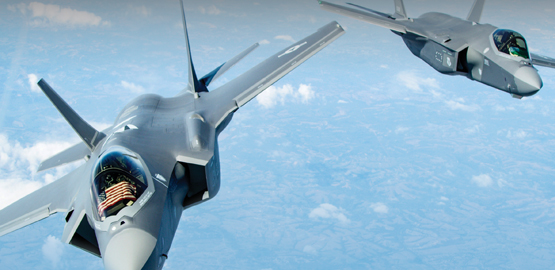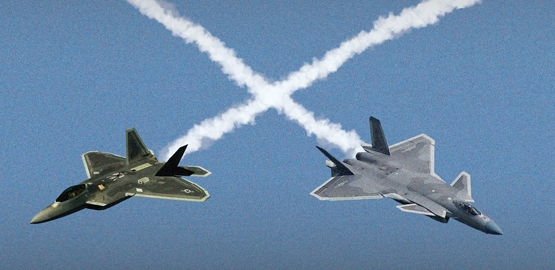News
Analyst: It’s a Myth That Market Competition Drives Down Weapons Cost
Critics of Pentagon waste point to the uncompetitive defense industry — dominated by a handful of conglomerates — as the reason why the U.S. military overpays for weapons. If only there were a truly competitive, free, market, prices would come down, experts have argued.
Year-end Spending: Some Units Have It Down Cold
When the end of the fiscal year comes around, there’s often a mad dash in government offices to use up remaining budget money or risk losing it forever. That’s true in many Air Force units as well.
Heart of the Battle
The US Air Force is developing a new stealth bomber to counter growing anti- access/area-denial (A2/AD) challenges around the world – but the programme faces enormous challenges in the face of declining US defence outlays. The Long Range Strike-Bomber (LRS-B) is part of a socalled “family of systems” being designed to ensure US forces can hold any point on Earth that may be at risk from aerial attack. The Long Range Strike family of systems – particularly the new bomber – is the centrepiece of the Pentagon’s emerging “AirSea Battle” construct/.../
Firms, Policymakers Struggle as West’s Defence Binge Ends
Whether or not America's politicians can find a way to sidestep the brutal automatic military cuts of sequestration, the era of rising Western spending on weapons and wars is over.
Fiscal Cliff Could Hit Civilian Pentagon Workers First
Listen to the Story
House Dems Say Sequester $10 Billion Worse Than OMB Estimate
Last month's congressionally mandated OMB report on the impact of sequestration omitted an obscure provision that would slice another $10.1 billion from Defense Department programs in 2013. Because of that the Pentagon would have to cut $60.6 billion instead of $50.5 billion, a 20 percent increase.























